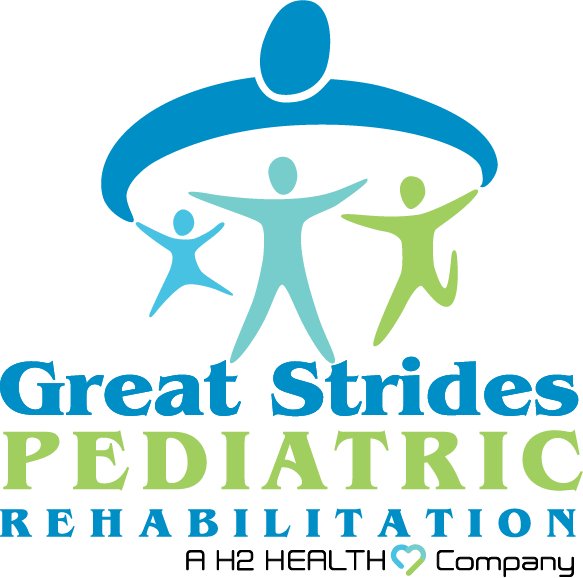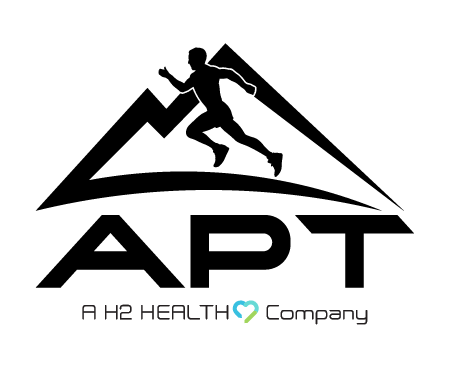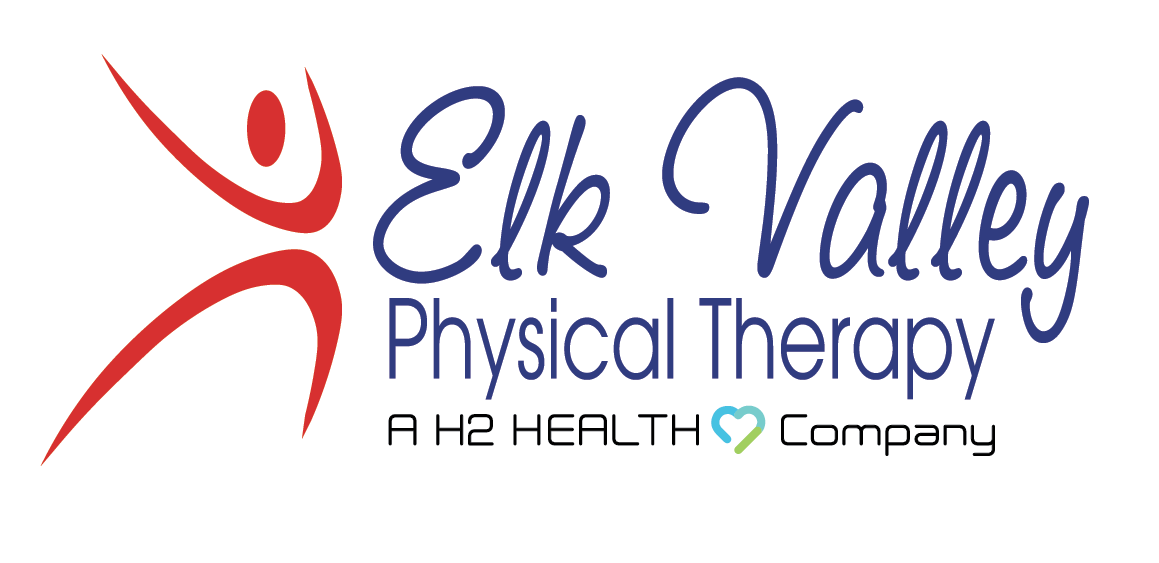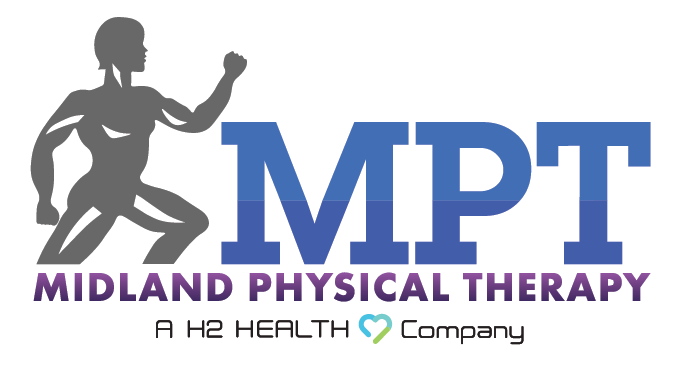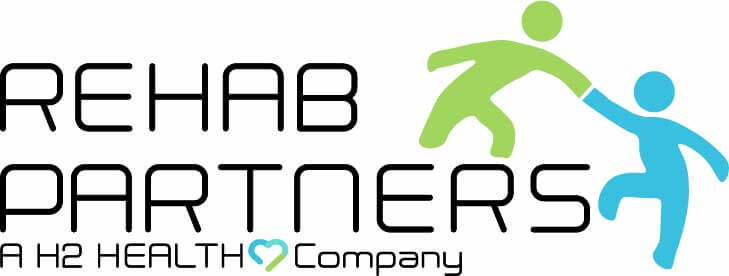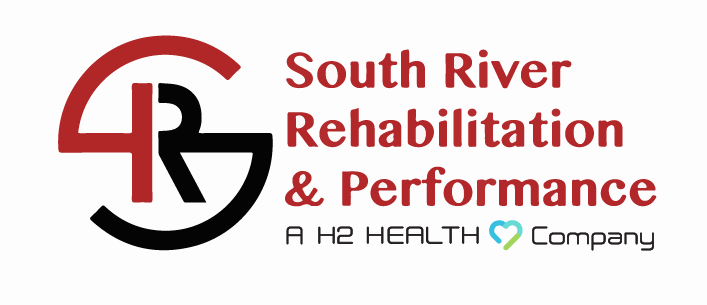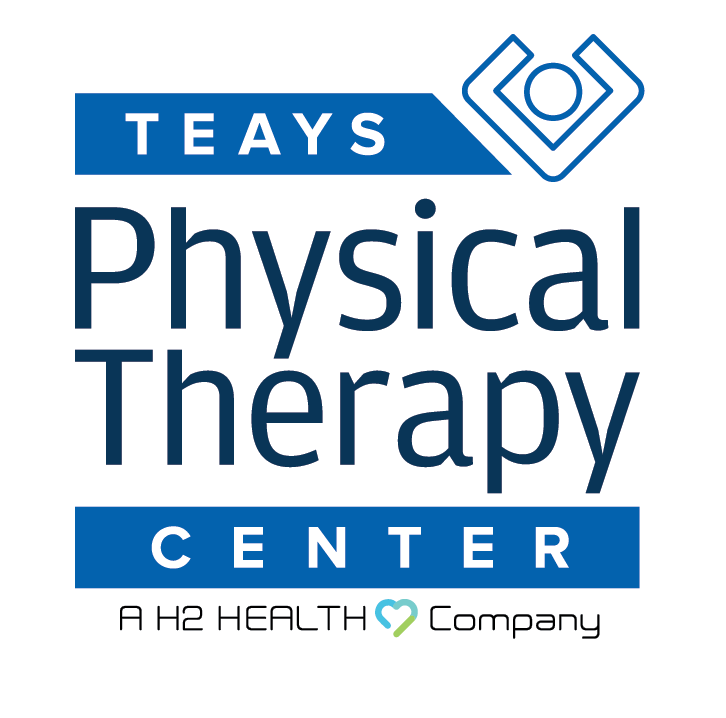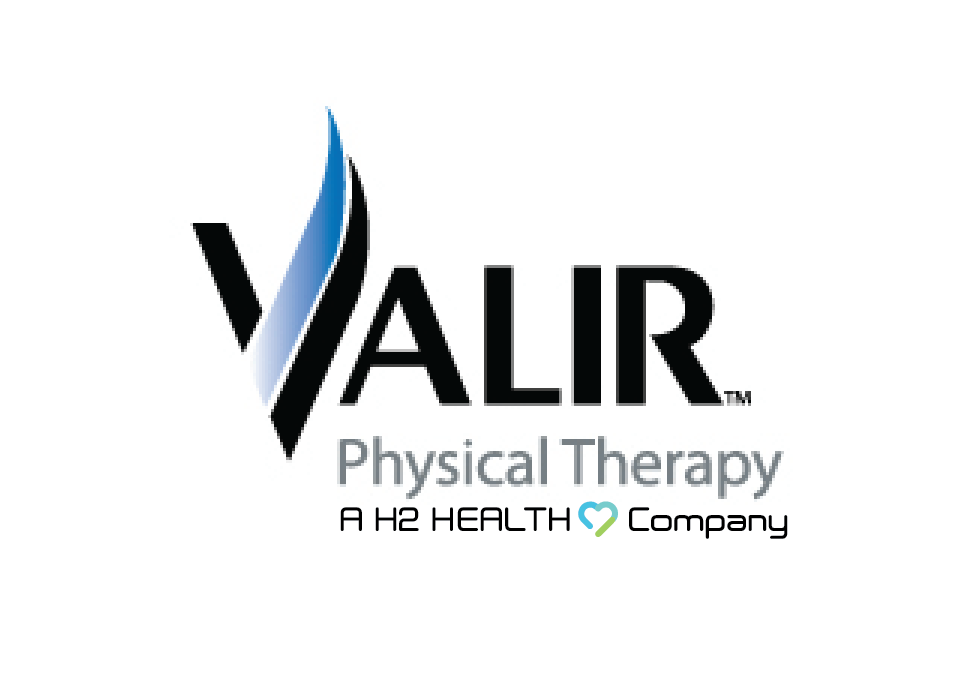
Solutions to Resistance with Activities of Daily Living (ADLs) in Dementia Residents
Dementia is a progressive neurological disorder that impairs cognitive function, memory, and the ability to perform Activities of Daily Living (ADLs). Enhancing independence for people with dementia is crucial to their overall well-being and quality of life. This guide explores various evidence-based solutions that can help enhance independence in activities of daily living for dementia residents, providing them with a sense of autonomy and dignity.
This resource guide aims to provide caregivers, family members, and healthcare professionals with practical solutions to address resistance during Activities of Daily Living (ADLs) in residents with dementia. Understanding and implementing these strategies can enhance the independence and well-being of individuals with dementia while minimizing distress and frustration.
Remember, individual needs can vary significantly, so it’s essential to tailor the solutions to each person’s specific situation. Additionally, always consult with healthcare professionals and dementia specialists to ensure the most appropriate and up-to-date care for someone with dementia.
The challenges presented by dementia in performing Activities of Daily Living can be mitigated through a combination of person-centered care, task simplification, environmental modifications, routine-based care, assistive technologies, and therapeutic interventions. By embracing these solutions, caregivers can empower dementia residents to maintain a higher level of independence, dignity, and overall well-being.
1. Create a Calm and Familiar Environment:
• Reduce noise and distractions in the environment to maintain a peaceful atmosphere.
• Ensure adequate lighting to improve visibility and minimize confusion.
• Create a consistent routine and follow it to establish familiarity and predictability.
2. Maintain a Respectful Approach:
• Treat the individual with respect and dignity throughout the ADL process.
• Use a calm and reassuring tone of voice, maintaining eye contact.
• Give the person enough time to respond and avoid rushing or pressuring them.
3. Simplify Tasks and Promote Independence:
• Break down complex tasks into smaller, manageable steps to prevent overwhelming the individual.
• Provide clear, concise instructions using simple language and visual cues.
• Offer choices when possible to maintain a sense of control and autonomy.
4. Adapt the Environment and Equipment:
• Ensure the living environment is safe, clutter-free, and easy to navigate.
• Implement adaptive equipment such as grab bars, handrails, or raised toilet seats to enhance safety and independence.
• Use assistive devices or modified utensils to facilitate eating and drinking.
5. Utilize Positive Reinforcement:
• Offer praise, encouragement, and positive reinforcement throughout the ADL process.
• Focus on the individual’s accomplishments and strengths, acknowledging their efforts.
• Consider using rewards or small incentives to motivate and engage the person.
6. Engage in Therapeutic Activities:
• Incorporate meaningful activities that align with the person’s interests and abilities.
• Encourage participation in hobbies, music, art, or reminiscence therapy during ADLs.
• Use multisensory stimulation to maintain engagement and stimulate cognitive function.
7. Occupational Therapy:
• Occupational therapists are trained to assess and address challenges that affect a person’s ability to perform everyday activities and participate in meaningful occupations.
• When it comes to ADLs, OTs focus on improving a person’s functional independence and adaptability.
• They work with individuals with dementia, physical disabilities, developmental delays, or cognitive impairments, including those related to aging.
8. Physical Therapy:
• Physical therapists specialize in evaluating and treating physical impairments and mobility issues.
• Their role in ADLs is to improve a person’s physical functioning and mobility, enabling them to engage more effectively in daily activities.
9. Seek Professional Assistance:
• Consult with healthcare professionals, including occupational and physical therapists, or dementia specialists, for expert advice and personalized strategies.
• Attend caregiver support groups or educational workshops to learn from others facing similar challenges.
• Consider professional home care services or respite care to provide relief and assistance when needed.
Remember, these strategies are meant to be flexible and tailored to the individual needs of each resident with dementia. Seeking guidance from healthcare professionals and support from caregiver networks can further enhance independence for people with dementia. By implementing these strategies and seeking support from medical professionals who provide preventative medicine, you can ensure your loved ones have the tools they need to be as independent as possible. H2 Health helps people with dementia stay upright and healthy through specialized physical, occupational, and speech therapy services in their home. We work on exercises and stretches that prevent falls before they happen. To learn more, call (904) 618-3778 or email seniorservicesfl@h2health.com.
For more resources, check out the Alzheimer’s Society.

